
Why off-the-record journalism is riskier than you think
Why off-the record journalism is riskier than your think. this time on the Media Training Podcast, we're discussing having an off-the-record conversation with a journalist.
Understanding off-the-record terms
Coming up, what do these phrases mean and when should you use them:
- Off-the-record
- This is for background
- This is for guidance
Let's get started with the term everyone's heard but rarely fully understands - and that is off-the-record.
What does off-the-record mean?
In my 25 years as a journalist, I rarely encountered this and rarely agreed to it. Reason coming up.
So, what does it mean? Well, the common belief is it means, "Let me tell you a story, but you didn't hear it from me." Strictly speaking, that's not the case.
Here's how the Associated Press news agency defines off-the-record:
On-the-record means the information you share can be used without any restrictions whatsoever.
Off-the-record. This means the information cannot be used for publication.
And that means everything, no detail, no names, no hints, no "a source from within so-and-so says so-and-so".
Nothing.
Off-the-record means, just that. This shouldn't appear on air or in print.
Just to confuse things, some journalists and their sources think off-the-record means "unattributable." You can use this but just don't quote me.
My advice is, before going off-the-record you need to be clear that both you and the journalist you're dealing with have an understanding of what you mean.
More media training guides and podcasts

Is it ok to ignore a journalist?

Building your personal brand so journalists find you first

Media interview quick-start guide
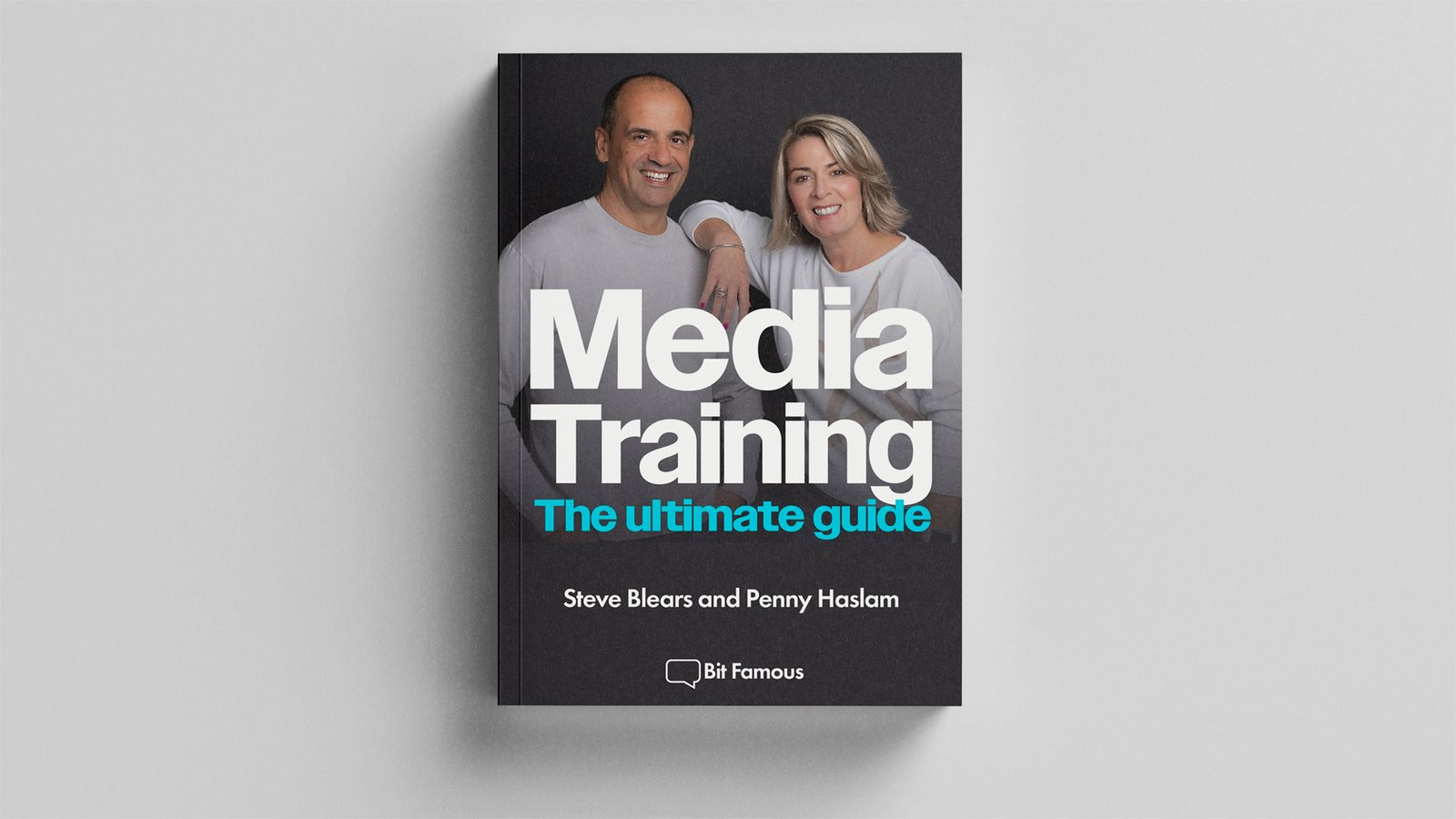
Media training book

How to hold a press conference
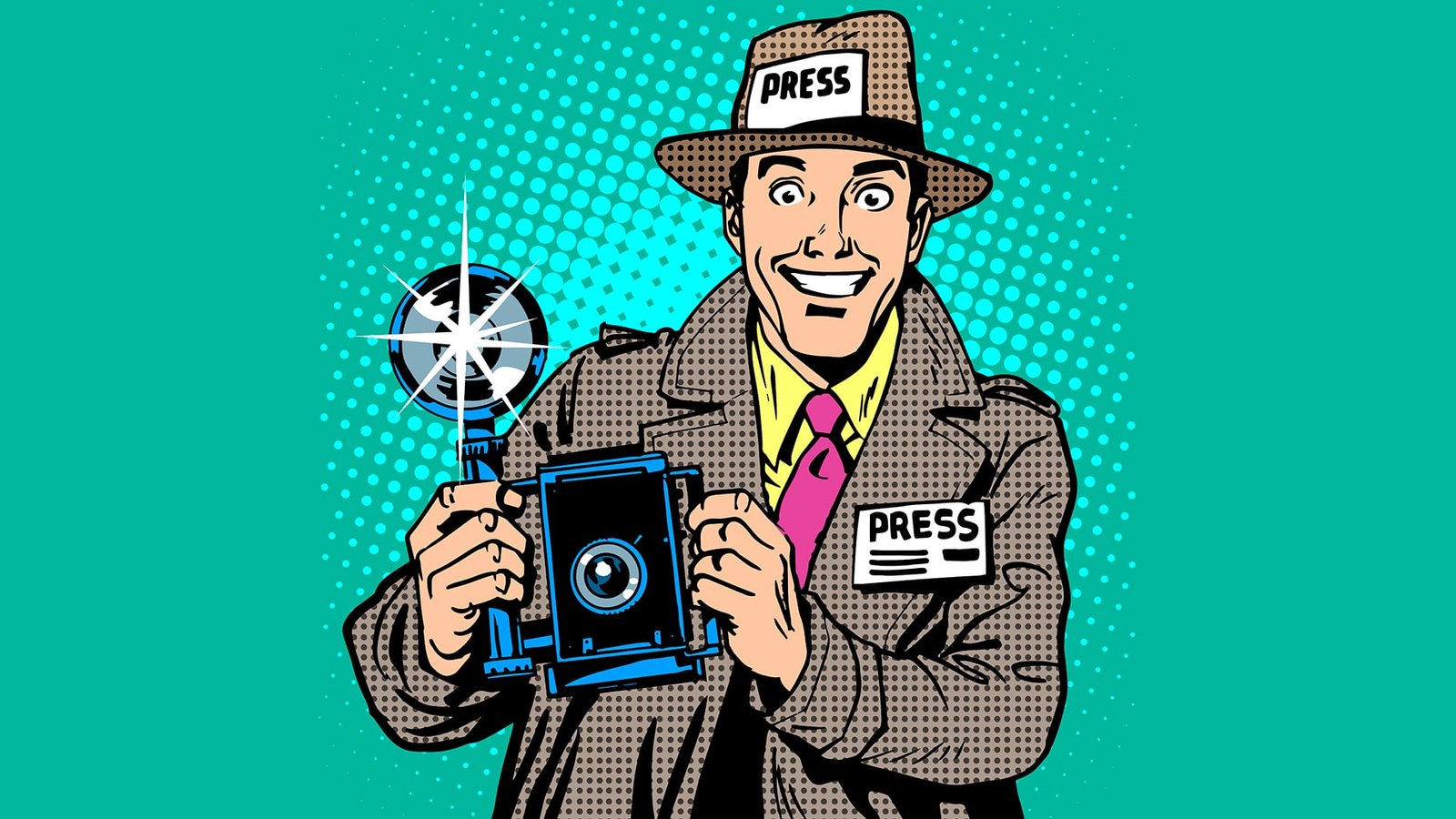
Time for a media training refresher?
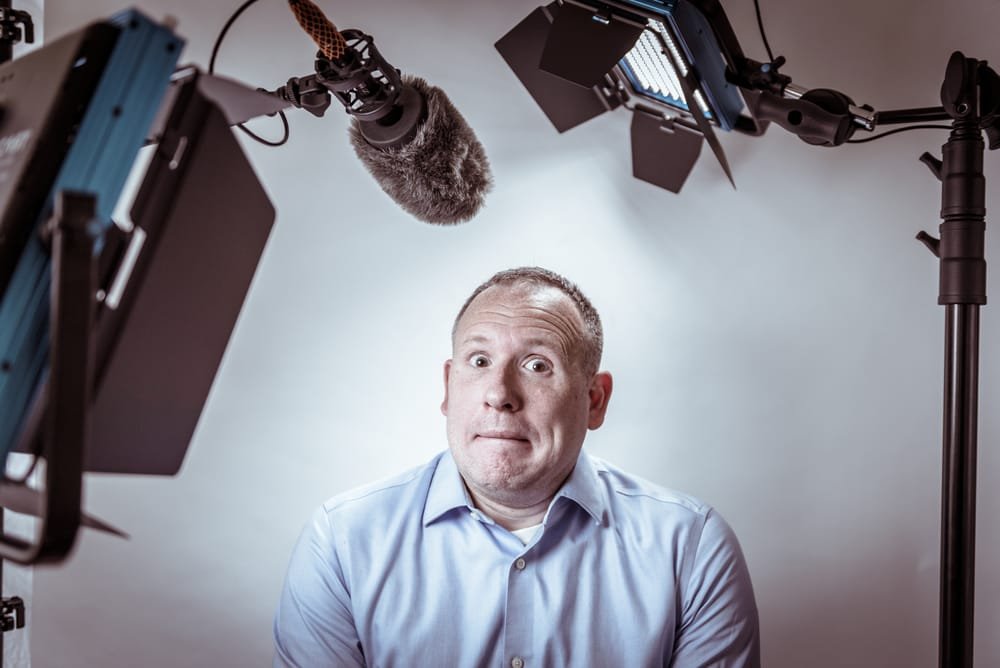
How to get your boss on board with media appearances

Is it okay to say “I don’t know” in a media interview?
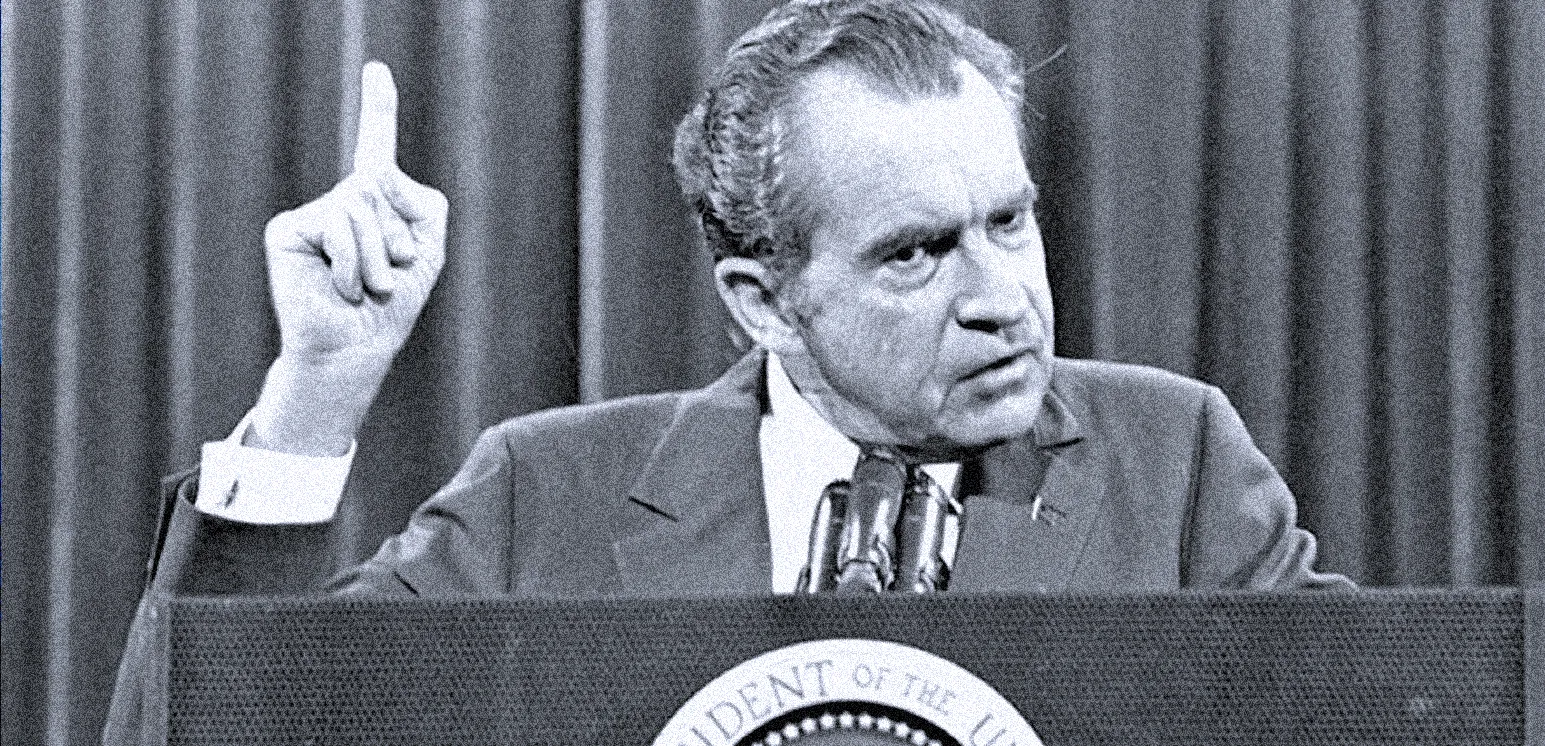
Why should you avoid repeating negative questions in media interviews?

How to look and sound relaxed in a media interview, performance tips

Mastering profile interviews in the media

Media appearances, the unwritten rules

Public apologies, how to say sorry in the media and mean it

Why off-the-record journalism is riskier than you think
Guidelines for off-the-record conversations
If off-the-record means nothing can be used, what if you want to share a story but keep your name out of it?
Journalists may accept information with an agreement described as "for background, deep background or guidance."
Again, there are different interpretations of background and guidance. You might read or hear a report that says,
"A source from the government has told me..."
"A Home Office insider says..."
"Friends of the Prime Minister say XYZ..."
This is usually a conversation with a journalist on "background or guidance" where the story can be discussed but not directly quoted or attributed by name.
Again, you would agree on the terms of this background information and how, as a source, you would be described.
For example, could you be described as a spokesman for an organisation? Or would it be safer to go broader, such as a leader from a specific industry or sector?
When to Use Off-the-Record
Let's talk about how and when to use these.
If you are new to dealing with journalists, then the potential for getting it wrong is quite high.
Just a quick aside. I haven't got time to get into the story here, but for a cautionary tale, Google Dr David Kelly WMDs.
Why you shouldn't attempt to use off-the-record
Right, when should you use these terms?
Well, my suggestion would be, especially if you are new to media relations - Don't attempt to use off-the-record, guidance or background.
Why's that I hear you ask? Where do I start?
Firstly, lots of journalists don't agree or have different understandings of how they should be used.
For example, If I send an email to my local newspaper and in the subject line write "Off-the-record" can they print it?
Well technically, yes they can because to use off-the-record there has to be an agreement between the source, that's you - and the reporter. Just sending an email could be considered as not an agreement.
You say, "What I'm about to say is off-the-record meaning nothing can be reported about it?"
Journalist, "Yes, I agree." Or they might say, "On-the-record, or not at all."
Off-the-record can't be applied after a conversation
Another pitfall is that people try to use off-the-record retrospectively in conversations. For example, you might accidentally give away some detail that you want to keep confidential, and then say, "Oh sorry, that bit is off-the-record!"
No dice! In this case, you're at the mercy of the journalist because strictly speaking, you can't retrospectively make your words off-the-record.
Top tips for off-the-record conversations with journalists
Here are my top tips for using off-the-record:
- Just don't use it. In my opinion, this is a term for politicians and lobby journalists. It's for sources and journalists who have well-established relationships and agreed terms of engagement.
- Don't tell a journalist anything you don't want to appear in print or on air. Remember, from the moment you say hi to the point you leave, they can report anything you say. If you want some detail kept out of it, just don't say it AND don't hint at it.
- Off the record isn't legally binding. Journalists aren't the police or lawyers. There is no redress in law if they print what you asked them not to.
And this is the kicker. Even if a journalist agrees to keep something off-the-record, they are entitled to take that information and attempt to stand it up, corroborate it elsewhere from another source and publish it!
Giving off-the-record tips aren't necessarily helpful of useful to a journalist
In my 25 years in journalism, I very rarely came across someone trying to tell me something off-the-record. I worked in broadcasting; it's much more common in print journalism and politics.
You may feel like you are doing a journalist a favour by offering off-the-record details. But if you're not clear about what you are doing it's all going to end up looking like "amateur hour."
Also in some cases, an off-the-record tip isn't helpful.
You're presenting them with a story that can't properly be stood up or corroborated. That's a tantalising but very tricky situation for reporters.
All news outlets will have rules on the use of unsubstantiated stories; they are a legal and libel risk.
So, you are in fact presenting them with an admin headache. They may have to take what you've told them to the organisation's head of editorial policy and media lawyers. Which can be a time-draining pain in the arse.
In summary, if you are a spokesperson for a regular business or organisation, you really don't need off-the-record, background or guidance.
Of course, off-the-record has important uses, and one of the most valid is for whistle-blowers, unmasking wrongdoing in an organisation. Proceed with care.
If your organisation needs help with media training get in touch. Email hello@bitfamous.co.uk
Thanks for listening.

Is it ok to ignore a journalist?

Building your personal brand so journalists find you first

Media interview quick-start guide

Media training book

How to hold a press conference

Time for a media training refresher?

How to get your boss on board with media appearances

Is it okay to say “I don’t know” in a media interview?

Why should you avoid repeating negative questions in media interviews?

How to look and sound relaxed in a media interview, performance tips

Mastering profile interviews in the media

Media appearances, the unwritten rules

Public apologies, how to say sorry in the media and mean it

Why off-the-record journalism is riskier than you think

What are key messages in the media?

Give your leader feedback after a media interview

Why avoid corporate speak and office jargon in media interviews?
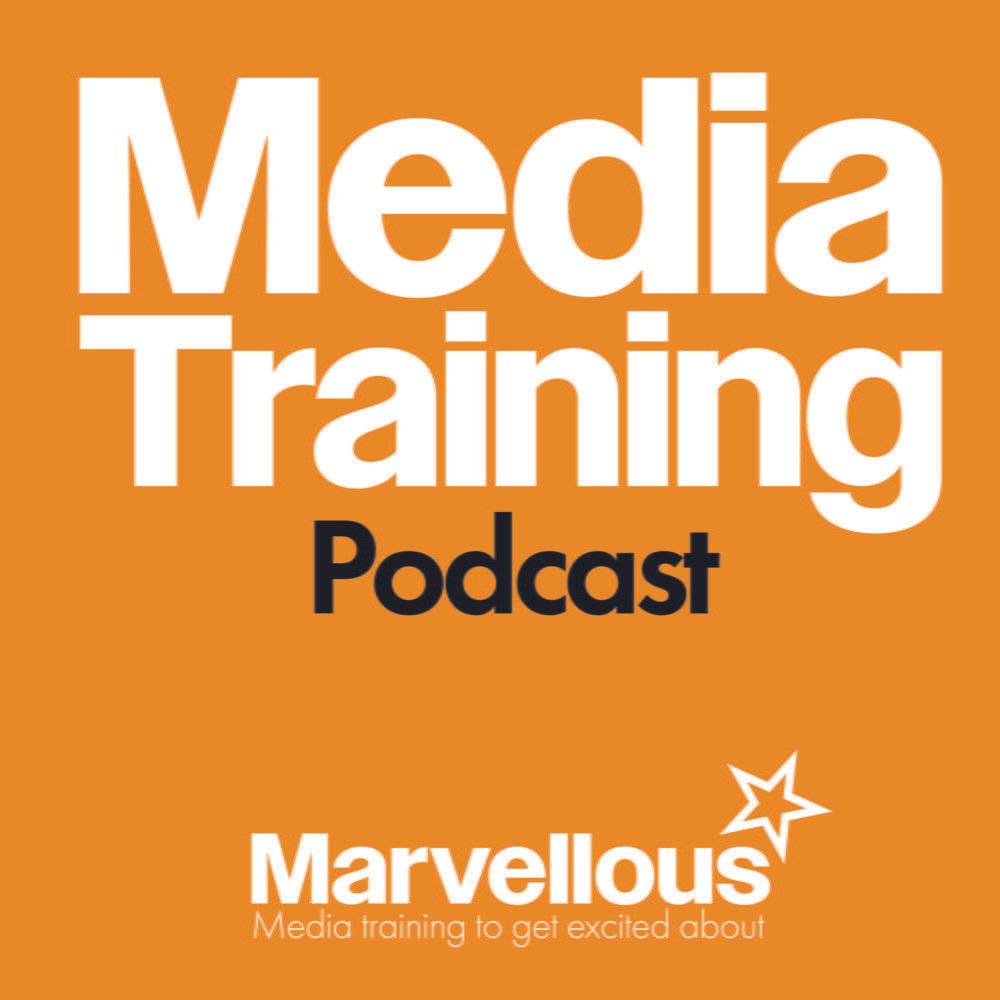
Media interview preparation checklist

How to create a founders’ origin story

How to answer hostile or negative questions from a journalist

How to be authentic in a media interview

Crisis Management: How to write a holding statement
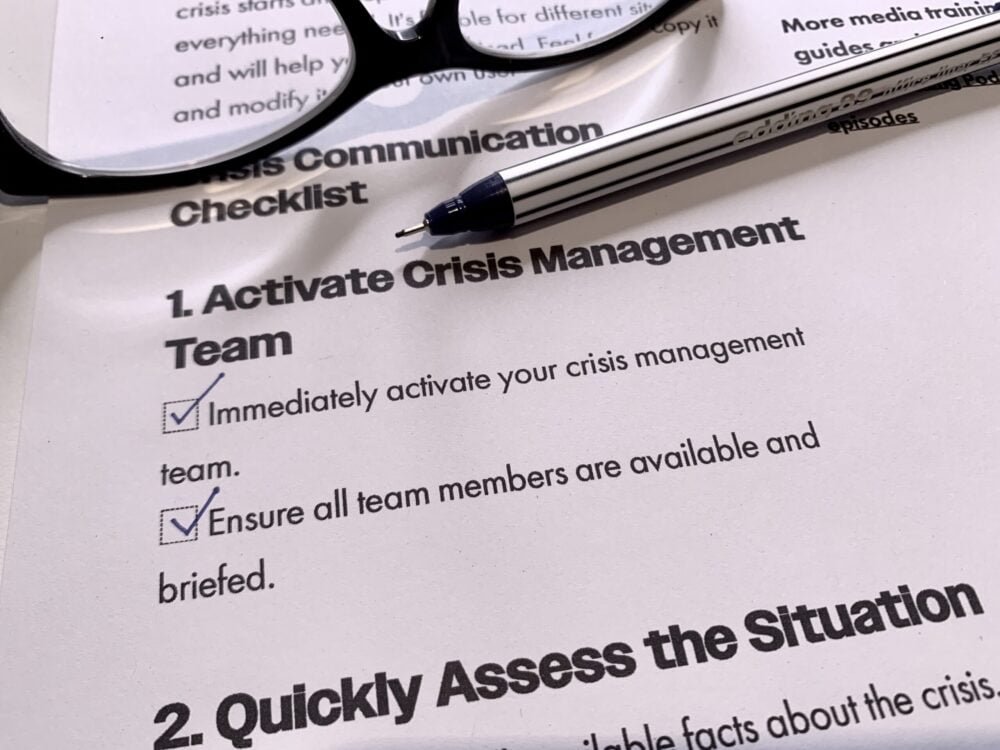
Crisis communications checklist

How to create a successful media soundbite
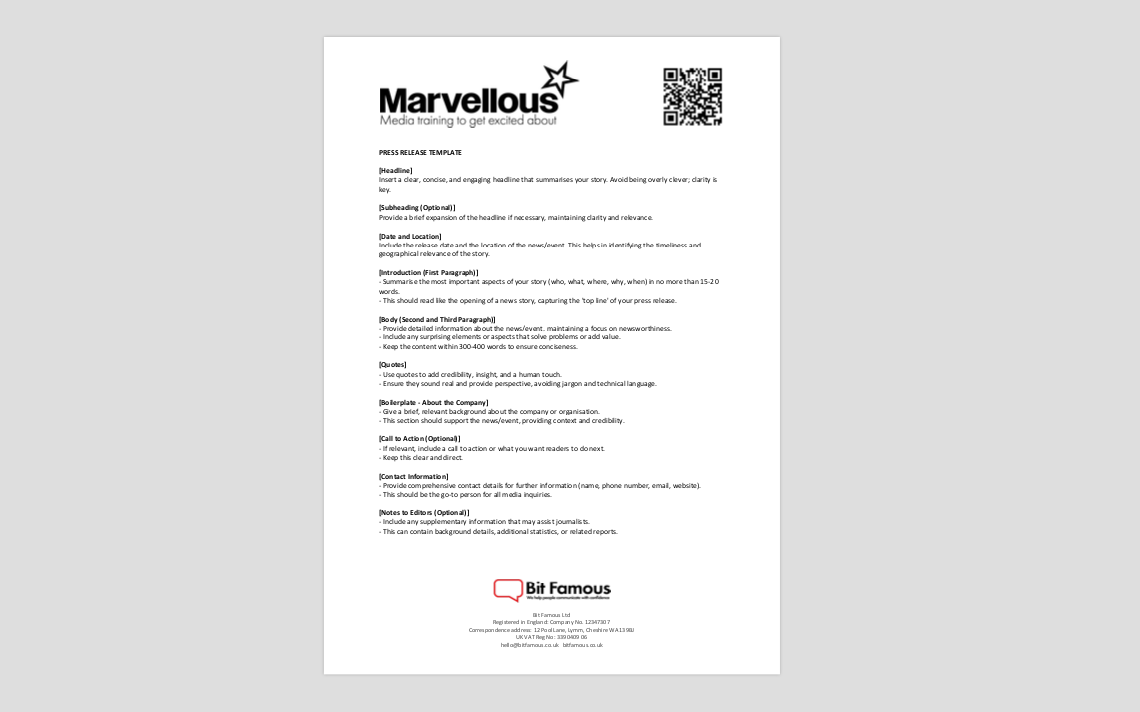
Free press release template (Word)

How do you handle a media question you don’t want to answer?
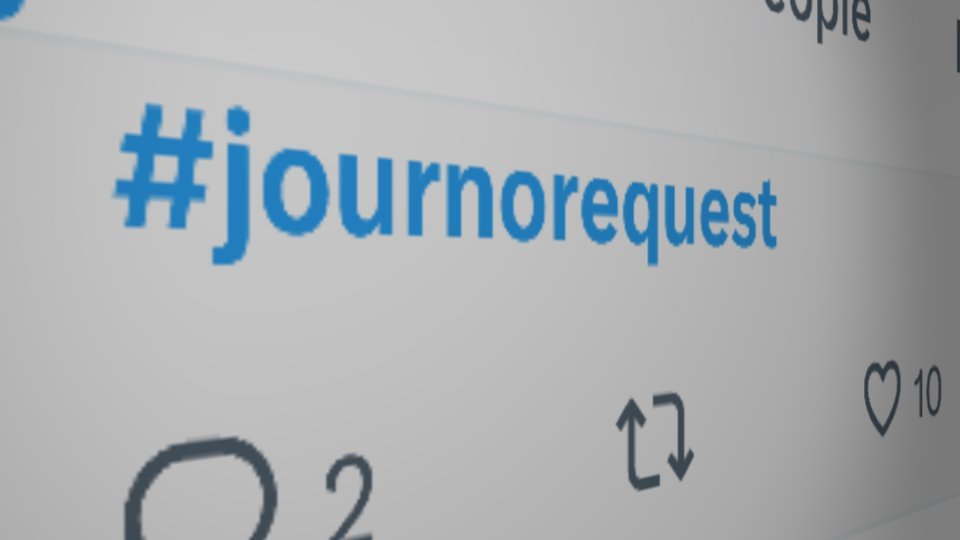
How to use #JournoRequest to get media attention for my business

How do I prepare for a TV interview online using Zoom, Teams or Skype?

How to appear on a business podcast

How to handle a difficult media interview
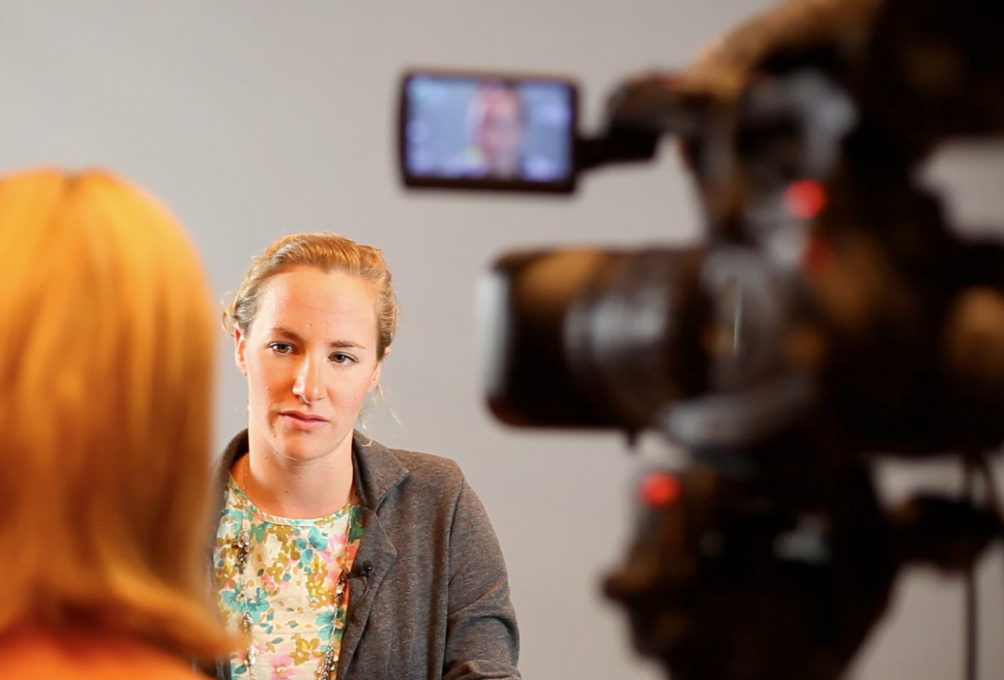
How to get featured in the media


